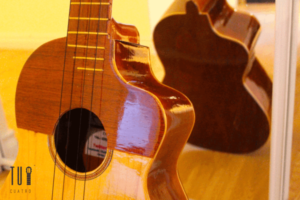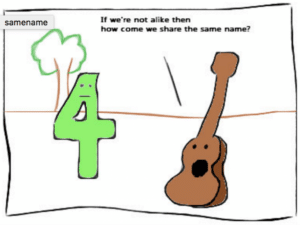Practicing could be a hard thing if you´re learning by yourself at home. You could be making the same mistake over and over again without realizing that you got into a never-ending loop. This is the exact most common problem for musicians learning by themselves and why we want you to know a few tips about using a metronome.
If you ever feel trapped meanwhile practicing your instrument, there’s this one thing you could do when practicing: Do the same movements you’re trying to learn but in the slowest way possible, and we’re talking about doing it really really slow, like turtle slow divided by a hundred, …so slow that would be almost impossible for you to miss a note.
By doing this, you’ll have a clear notion of which movements are the most difficult, and you can see your hand moving in slow motion when you’re trying to do these difficult movements. Then you can practice with a metronome to polish these movements carefully, moving from a really slow beat towards a faster, but manageable, peace.
Remember that is not a matter of going fast, but getting there. Being able to do every single strum in a correct way while you’re practicing is key to master any strumming pattern or difficult melody.
Why using a metronome?
The metronome is one of the best-hidden gems for musicians. It forces your brain to compartmentalize all strums and get them right where they should be. There’s no other tool so efficient like the metronome for the purpose of learning to be precise with your hands.
If you don’t have a physical metronome with you, not to worry. There are a few resources on the internet that can help you with this. For example, get online and open one of these metronome pages: MetronomeOnline or WebMetronome. These are free to use and good enough for you to practice with them every single day, especially the second one because of using both sound and color to play the tempo.
Looking for techniques to learn? Get to our courses page and select a free course to start with.






































